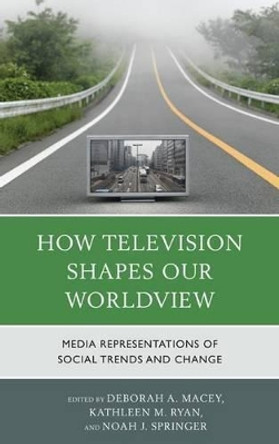Description
About the Author
Professor Steven J. Osterlind is Emeritus Professor (Measurement & Statistics), University of Missouri where he served for 32 years as a distinguished professor and dean. His research interests include statistical modeling with general linear model, hierarchical linear modeling, multilevel modeling; maximum likelihood, Bayesian estimation. He has over 200 academic publications to his name, including five books.
Reviews
The book is, in general, well-written, and the author writes in an accessible style, reflecting that the book is intended for a general audience with no, or little, previous knowledge of mathematics and probability theory...The book tells an important and interesting story with a good balance between sections that describe the general historical events from the considered period and parts that explain the mathematical accomplishments. * Jessica Carter, Metascience *
The book tells an important and interesting story with a good balance between sections that describe the general historical events from the considered period and parts that explain the mathematical accomplishments. Some of the sections explaining mathematical material, which fulfil the promise made in the Introduction of being written in plain English with mathematical content kept to a minimum, are illuminating. * Jessica Carter, Metascience *
...a fascinating story of how quantitative reasoning, especially probabilistic and statistical, was over a couple of hundred years taken up by more and more researchers and applied to an ever-increasing range of things which affect our lives - health care, insurance, urban planning, etc... * John Bayliss, The Mathematical Gazette *
This book is written in a colloquial style and presents the history of statistical science and many examples, which explain relevant developments of statistics. * Hans-Jurgen Schmidt, zbMath *
A revelatory history of how so much of humanity has come to internalize a quantified worldview. It's both thrilling and a little terrifying, all at once. * Duff McDonald, Journalist and author of the New York Times Best Seller The Firm: The Story of McKinsey and Its Secret Influence on American Business *
Book Information
ISBN 9780198831600
Author Steven J. Osterlind
Format Hardback
Page Count 352
Imprint Oxford University Press
Publisher Oxford University Press
Weight(grams) 730g
Dimensions(mm) 241mm * 164mm * 25mm









